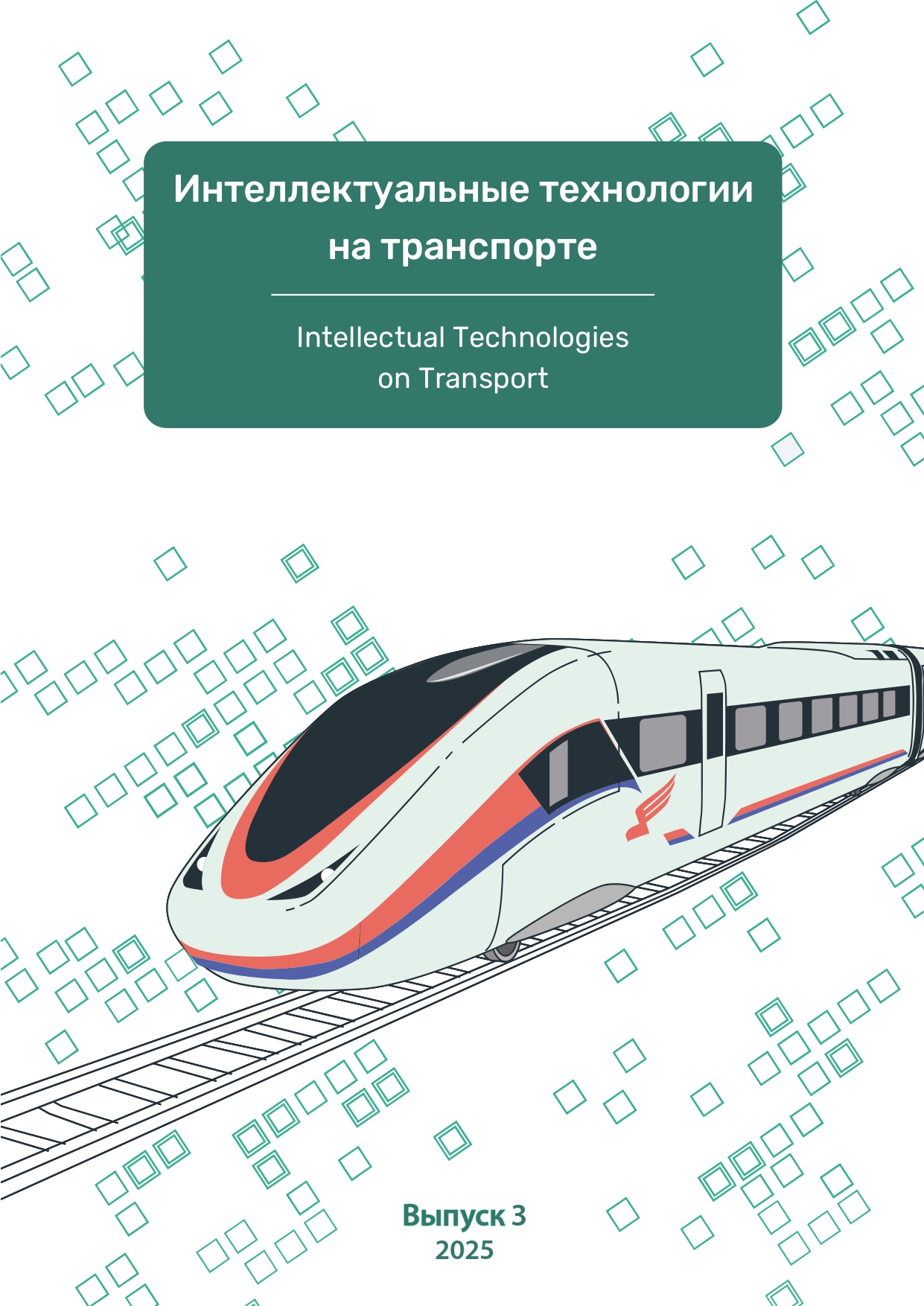Russian Federation
student
Russian Federation
UDC 004.056
In the context of the escalating information warfare that characterises contemporary society, the issue of the impact of disinformation on society is becoming increasingly pressing on an annual basis. Purpose: to identify the primary mechanisms through which false information impacts an individual and to propose methodologies for counteracting such effects. Results: the paper provides a hierarchical classification of fake news types. The most significant causes of psychological impact of such information on an individual have been identified and structured. The development of a system of recommendations for counteracting inaccurate information at the individual, societal and state levels has been undertaken. Practical significance: the research conducted will contribute to an increase in the level of psychological protection of citizens from dangerous information-psychological influences.
information security, information-psychological impact, fake information, counteraction to fake information
1. Fake News in Russia — Who believes in lies? Global Fact-Checking Network. Published online at April 15, 2025. Available at: http://globalfactchecking.com/fake-news-in-russia-who-believes-the-lies (accessed: May 04, 2025).
2. GFCN participation in the Fifteenth Russian Internet Governance Forum (RIGF 2025), Global Fact-Checking Network. Published online at April 08, 2025. Available at: http://globalfactchecking.com/gfcn-participation-in-thefifteenth-russian-internet-governance-forum-rigf-2025 (accessed: May 04, 2025).
3. Disinformation and “fake news”: Interim Report: Government Response to the Committee’s Fifth Report, UK Parliament. Published online at October 23, 2018. Available at: http://publications.parliament.uk/pa/cm201719/cmselect/cmcumeds/1630/163002.htm (accessed: April 28, 2025).
4. Sukhodolov A. P. Fenomen “feykovykh novostey” v sovremennom mediaprostranstve [The Phenomenon of “Fake News” in the Modern Media Space], Evroaziatskoe sotrudnichestvo: gumanitarnye aspekty: materialy Mezhdunarodnoy nauchno-prakticheskoy konferentsii [Eurasian Cooperation: Humanitarian Aspects: Proceedings of the International Scientific and Practical Conference], Irkutsk, Russia September 14–15, 2017. Irkutsk, Baikal State University Publ., 2017. Pp. 93–112. (In Russian) EDN: https://elibrary.ru/YROEZO
5. Martel C., Pennycook G., Rand D. G. Reliance on Emotion Promotes Belief in Fake News, Cognitive Research: Principles and Implications, 2020, Vol. 5, Art. No. 47. DOI:https://doi.org/10.1186/s41235-020-00252-3. EDN: https://elibrary.ru/ZHJAFR
6. Baumeister R. F., Bratslavsky E., Finkenauer C., Vohs K. D. Bad Is Stronger Than Good, Review of General Psychology, 2001, Vol. 5, Iss. 4, Pp. 323–370. DOI:https://doi.org/10.1037/1089-2680.5.4.323.
7. Montag C. Novye bogi. Kak onlayn-platformy manipuliruyut nashim vyborom i chto vernet nam svobodu [New Gods: How Online Platforms Manipulate Our Choices and What Will Give Us Back Our Freedom]. Moscow, Individuum, 2023. 352 p. (In Russian)
8. Korablina T. V., Babicheva N. B., Gusev M. M. Ispolzovanie grafovoy modeli dlya opisaniya rasprostraneniya informatsii v sotsialnoy seti [Using a Graph Model to Describe the Distribution of Information in a Social Network], Vestnik Sibirskogo gosudarstvennogo industrialnogo universiteta [Bulletin of the Siberian State Industrial Iniversity], 2022, No. 4 (42), Pp. 33–39. DOI:https://doi.org/10.57070/2304-4497-2022-4(42)-33-39. (In Russian) EDN: https://elibrary.ru/QNSKHL
9. The News Provenance Project. Available at: http://newsprovenanceproject.org (accessed: May 06, 2025).
10. Provereno.Media. Available at: http://provereno.media (accessed: May 06, 2025). (In Russian)
11. Protect: bezopasnaya rabota v internete [Protect: safe work on the Internet]. Available at: http://browser.yandex.ru/security (accessed: May 06, 2025). (In Russian)
12. Chto takoe feykovye novosti i kak za nikh budut nakazyvat? [What is fake news and how will they be punished?], Ofitsialnyy sayt Gosudarstvennoy Dumy Federalnogo sobraniya Rossiyskoy Federatsii [Official website of the State Duma of the Federal Assembly of the Russian Federation]. Published online at March 07, 2019. Available at: http://duma.gov.ru/news/29982 (accessed: May 06, 2025). (In Russian)
13. Pochtaruk A. Minprosveshcheniya zanyalos razvitiem mediagramotnosti shkolnikov [The Ministry of Education is engaged in the development of media literacy of schoolchildren], Gazeta.Ru. Published online at November 27, 2023. Available at: http://www.gazeta.ru/tech/news/2023/11/27/21798355.shtml (accessed: May 06, 2025). (In Russian)
14. V Krasnodare otkroetsya pervaya v Rossii Shkola Mediagramotnosti [The first Media Literacy School in Russia will open in Krasnodar], Liga bezopasnogo Interneta [Safe Internet League]. Published online at June 23, 2023. Available at: http://ligainternet.ru/v-krasnodare-otkroetsya-pervaya-v-rossii-shkola-mediagramotnosti (accessed: May 06, 2025). (In Russian)










